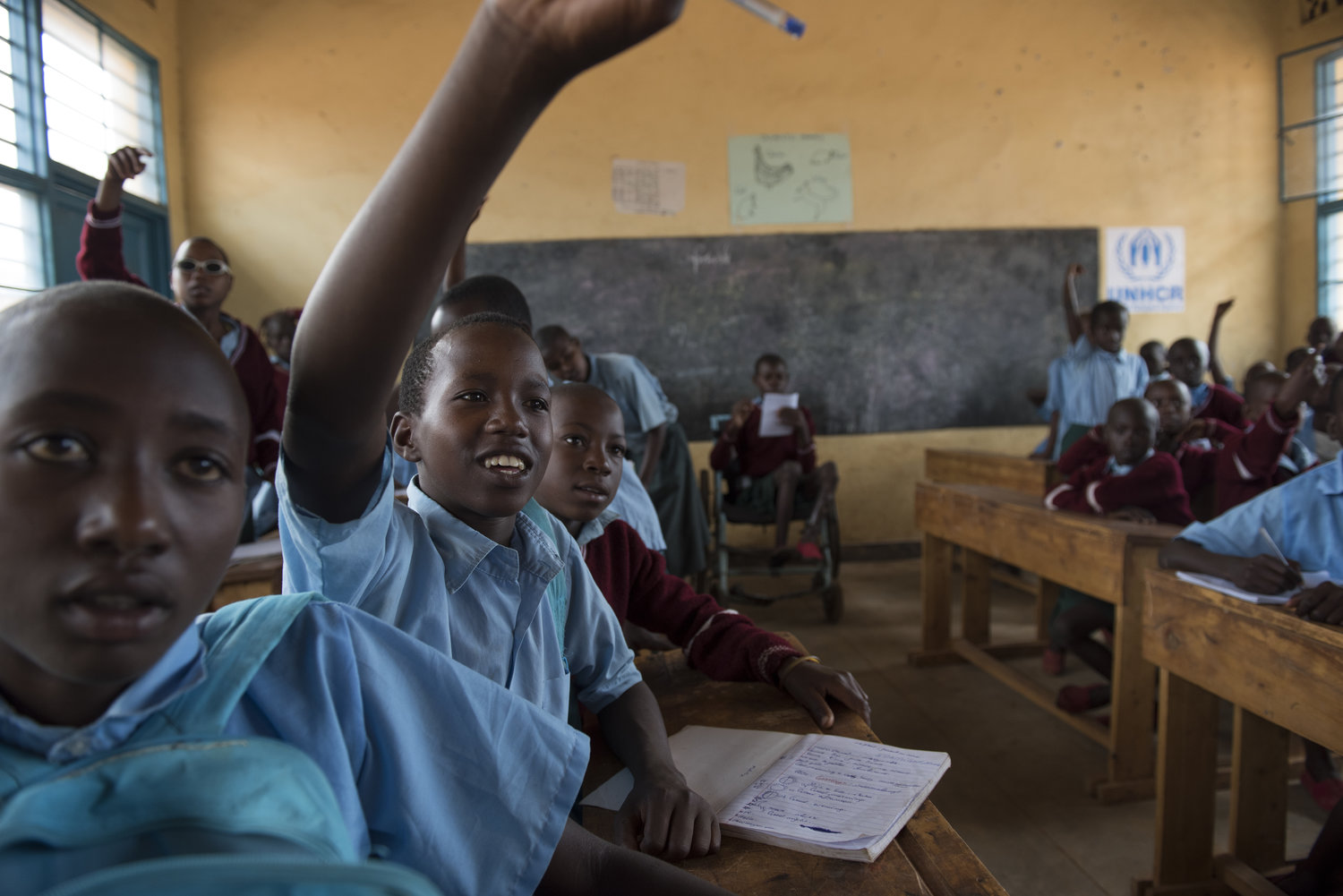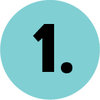HIGH-LEVEL MEETING
ENSURING REFUGEE CHILDREN RECEIVE AN EDUCATION
In 2016 world leaders agreed to strengthen the international response to the global refugee crisis and grow support to meet the needs of refugee and host communities.
This included promising “to ensure all refugee children are receiving education within a few months of arrival and to prioritise budgetary provision to facilitate this, including support for host countries”.
The new Global Compact on Refugees sets out a Programme of Action which includes commitments to “expand and enhance the quality and inclusiveness of national education systems to facilitate access by refugee and host community children and youth to primary, secondary and tertiary education”. It also commits to “provide more direct financial support to minimize the time refugee boys and girls spend out of education”.
However, more than half of the world’s refugee children – 4 million – remain out of school.
Progress is possible
We believe that progress is possible and that having agreed our aims we must act to deliver them.
The High-Level Meeting on Action for Refugee Education brought together refugee hosting states, donor governments, multilateral institutions, the private sector and civil society to agree how to accelerate and improve efforts to deliver these commitments.
The Meeting encouraged the growth of political and practical support for action by:
celebrating the refugee education commitments in the New York Declaration and Global Compact for Refugees
providing organisations with an opportunity to publicly commit to support refugee education by endorsing the Charter for Action
providing organisations with an opportunity to share their policy and practical commitments in support of refugee education by submitting them via the Framework for Commitment
showcasing promising examples of policy and practice in refugee education from across the world
Advancing inclusion, improving learning outcomes and closing the financing gap
The High-Level Meeting was focussed around three themes which are critical to achieving progress:

INCLUSION
Refugee hosting countries are supported to include refugee populations in their national education systems – adopting policies and practices that enable children to access and thrive in the formal system where possible, and to access and thrive in accredited non-formal education when not.

IMPROVEMENT
The quality of education for refugees and host communities is increased, to ensure quality learning and well-being.

INVESTMENT
The financial and other resources to deliver quality education to refugee and host communities are mobilised and the responsibility for providing this support is shared.
Opportunities to contribute
The High-Level Meeting is the centre piece in a wider effort to advance practical action in support of refugee education. There are four ways in which your organisation can contribute.

Develop and share practical commitments to advance refugee education

Share your existing work

“I am always happy to receive school supplies because I see that someone wants to support me so that I can have a good future."
Godfried* 17, from Burundi, lives in Mahama camp, Rwanda
Rwanda faces challenges including refugees in the national education system due to capacity but has continued to keep its borders open for vulnerable refugees for over two decades.
© UNHCR/Hannah Maule-ffinch



